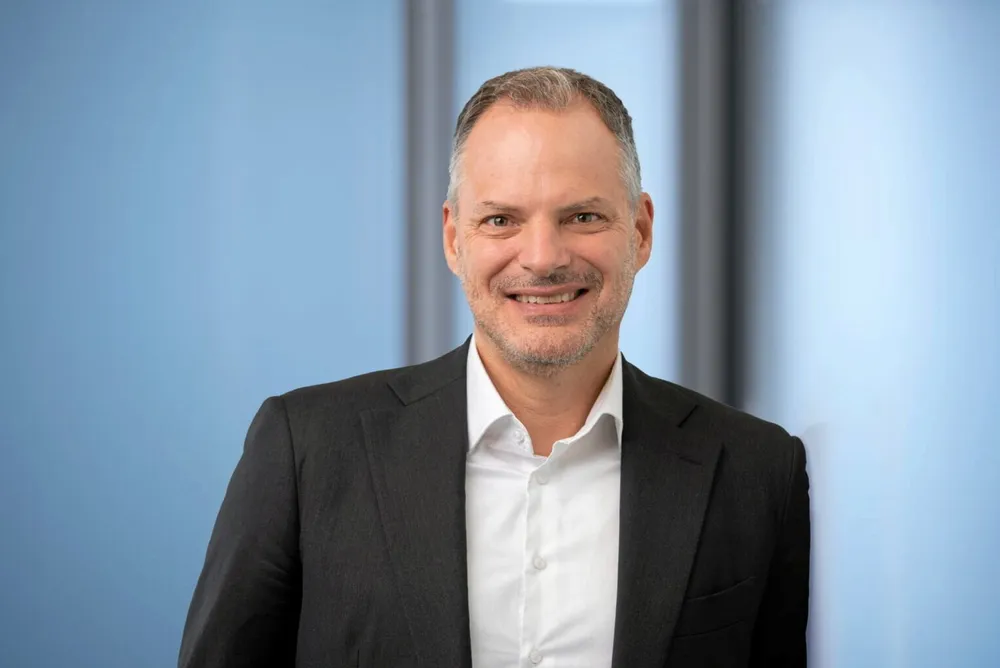Hydrogen electrolyser maker Thyssenkrupp Nucera sees soaring sales as it delivers on first flagship orders
However, company has seen lower margins on alkaline electrolyser sales compared to its traditional chlor-alkali business, as it forecasts negative Ebit for rest of year
